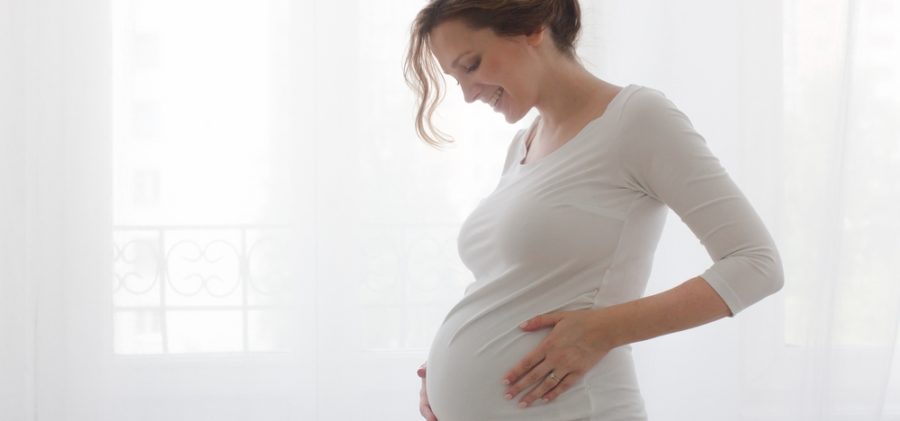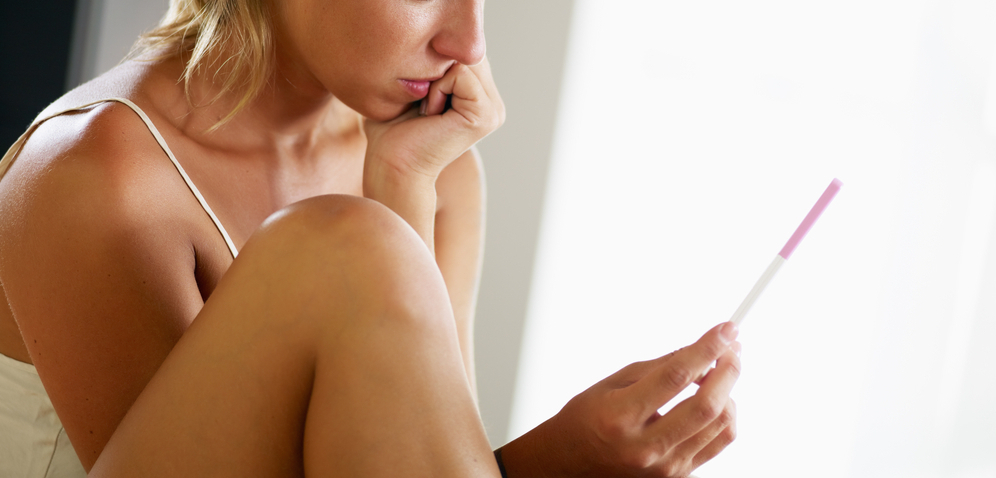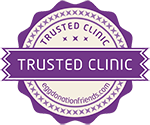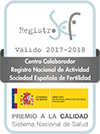
Every woman is provided with 400.000 oocytes in her ovaries since her birth. During the menstrual cycle just one in a thousand eggs becomes mature. This means that only 400 eggs will be used throughout her fertile life: in each cycle, several oocytes start the same development process but only one of them matures and is released while the others are no longer useful. In this moment, the woman’s body is ready for the pregnancy. If the fertilization is not performed, the oocyte loses its function and it is eliminated through the menstruation.
However, many women can’t get pregnant by using their own eggs. The Assisted Reproduction also offers the possibility to use the aid of an egg donor to achieve the pregnancy. This young and healthy woman donates her high quality eggs to women who cannot have children with their own eggs via an anonymous and altruistic act. What is egg donation? What are egg donors?
Two women are involved in the egg donation process: the donor and the recipient. The latter is subjected to the embryo implantation which is the result of the egg obtained from the donor.
Despite the fact that only one egg becomes mature and is released during the menstrual cycle, the ovarian stimulation allows obtaining more mature oocytes which in a normal ovulation process would end up being discarded. Applying a hormone treatment within 10-12 days produces more eggs. Once the size of the follicles (where the eggs are placed), becomes appropriate, the follicular puncture is carried out in the operating room in a simple and painless procedure.
Once the eggs are retrieved (the sperm is prepared and selected in the laboratory), the fertilization is performed and the resulting embryo is transferred into the recipient’s uterus.
Requirements for donors
The donors are young women from 20 to 30 years of age who are healthy and decided to donate their eggs in altruistic and anonymous way. Prior to the donation they are subjected to medical examination (psychological and clinical tests) in order to check their health situation and that they do not suffer from any genetic, congenital or hereditary disease. Once all the tests are carried out, the donor and the recipient are synchronized after ensuring a phenotypic similarity, the same blood group type and Rh factor.
It is important to point out that the egg donation process does not affect the reproductive life of the donor. Every woman is born with an ovarian reserve of 400.000 eggs of which (as above mentioned) only 400 are used during her fertile age so there are enough gametes to donate. This gesture helps women who want to fulfill their dream of having a baby.







